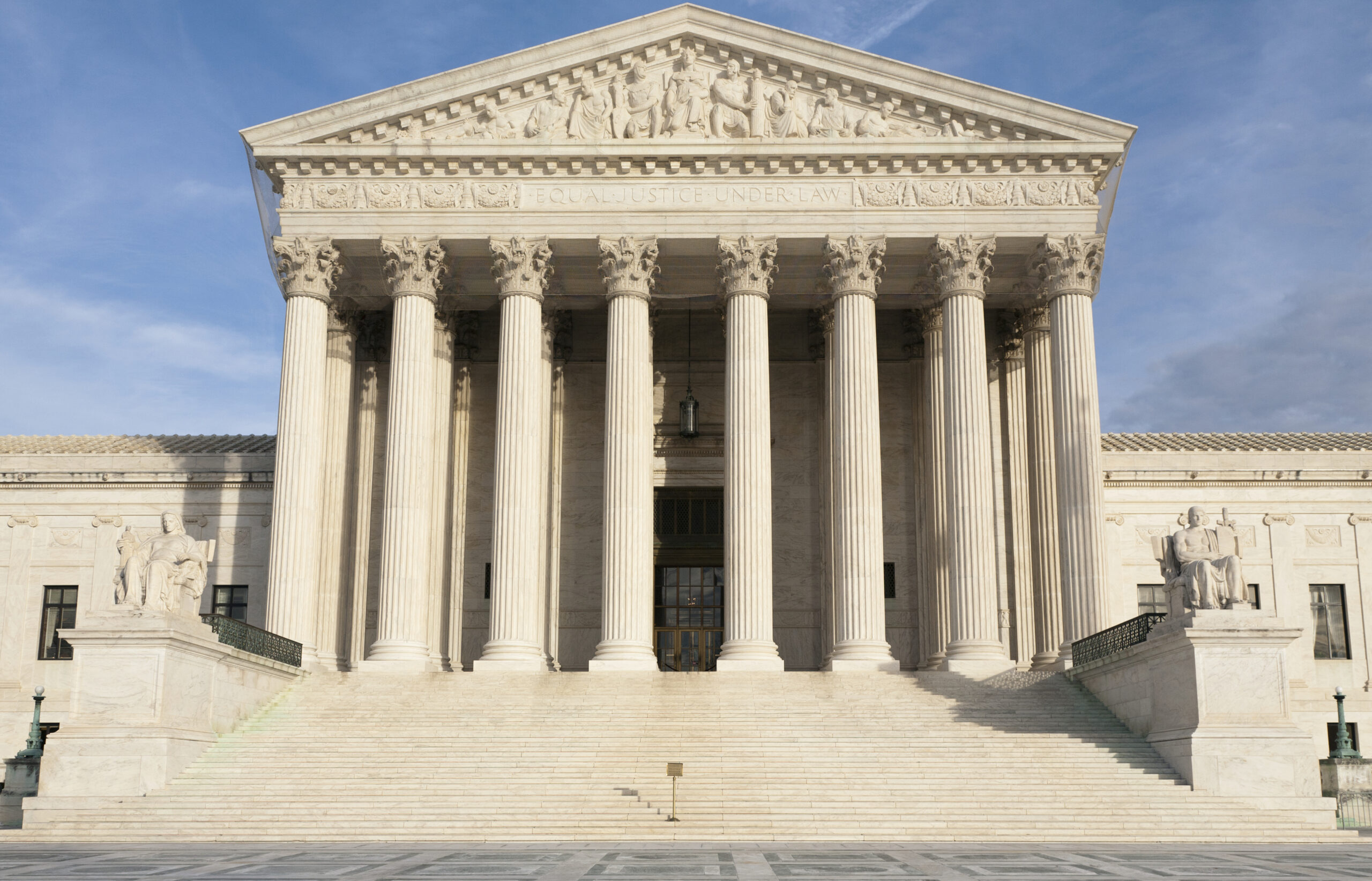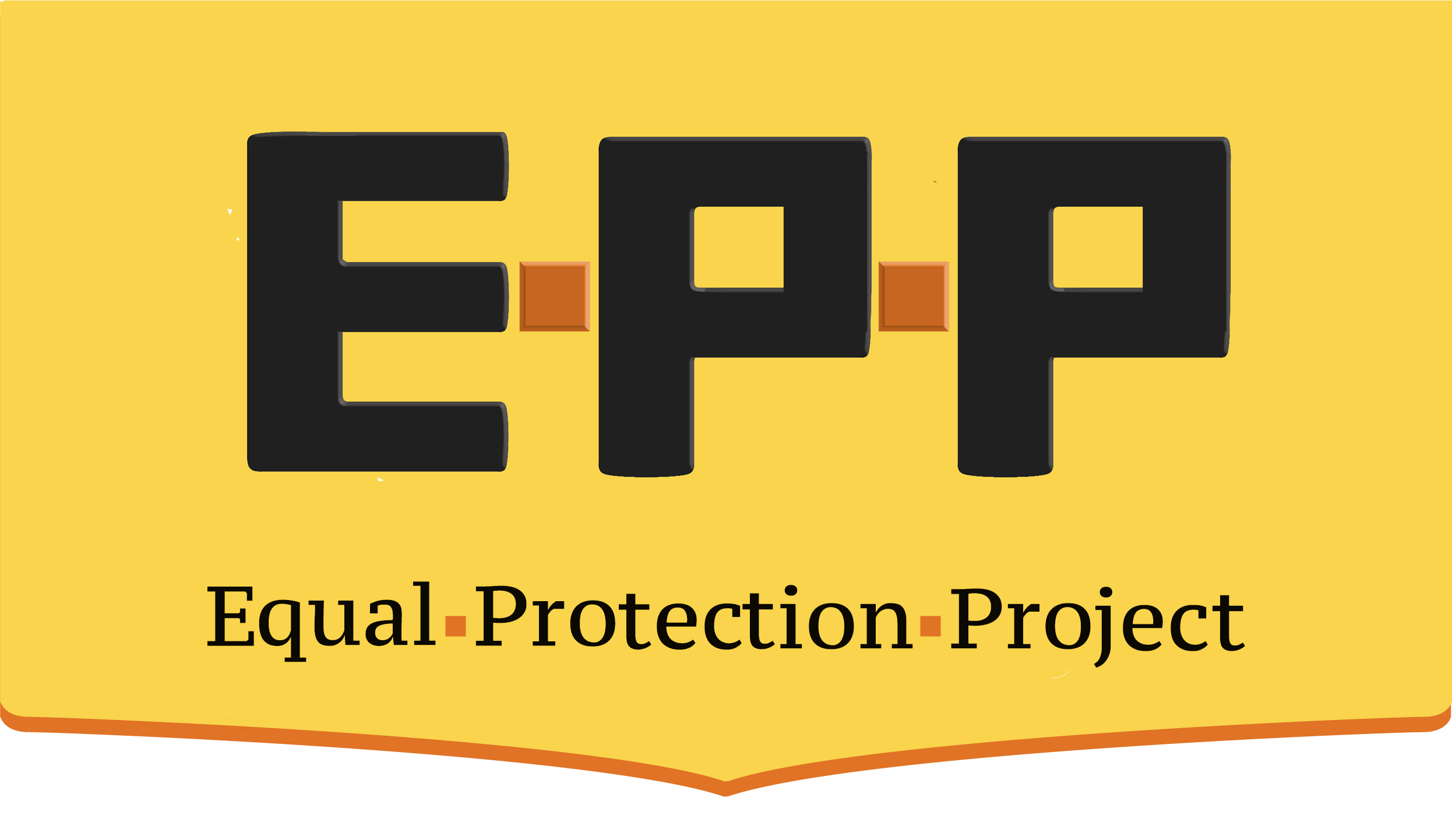
Case
Equal Protection Project Files Amicus Brief Supporting Seattle Employee Who Suffered a Hostile Work Environment From DEI Training
Case Particulars
Tribunal
U.S. Court of Appeals for the Ninth Circuit
Date Filed
July 25, 2025
Docket No.
No. 25-1188
Case Status
Appellant's Brief and EPP Amicus Brief in Support Filed
Case Overview
On July 25, 2025, the Equal Protection Project (EPP) filed an amicus curiae, or “friend-of-the-court,” brief in the United States Court of Appeals for the Ninth Circuit (Ninth Circuit) in a case entitled Joshua Diemert v. The City of Seattle, No. 25-1188 (9th Cir.).
The case concerned Joshua Diemert, a loyal employee of eight years of the City of Seattle (the City), who “ultimately resigned in 2021, citing ongoing racial hostility, retaliation, and the City’s refusal to correct its practices.” Appellant’s Brief at 14. The practices noted by Appellant Diemert in his brief included the Race and Social Justice Initiative (RSJI), in which “the City subjected Mr. Diemert to relentless racial harassment, compelled participation in race-segregated trainings, and eventually retaliation for raising concerns. When he reported that City policy encouraged employees to ‘lead with race’ and divided them into ‘white oppressors’ and ‘BIPOC oppressed,’ he was told-repeatedly that ‘white people can’t experience racial discrimination.'”
Diemert eventually sued the City of Seattle in federal court in the United States District Court for the Western District of Washington, which is headquartered in Seattle, asserting that the RSJI and the harassment he suffered as a result of it constituted the establishment of a “hostile work environment” in violation of Title VII, which prohibits racial discrimination in the workplace.
Unfortunately, Diemert lost. You can review the District Court’s Order granting “summary judgment” to Defendant City of Seattle here. Summary judgment means the Defendant City of Seattle won the case without the need to go to trial. So Joshua Diemert appealed to the Ninth Circuit, and filed his Appellant’s Brief Friday July 18, 2025. You can review his Appellant’s Brief here.
On Friday, July 25, 2025, EPP filed its amicus curiae brief supporting Appellant Joshua Diemert and supporting reversal, or undoing of the District Court’s summary judgment order by the Ninth Circuit and sending the case back to the district court for trial.
You can review EPP’s amicus brief here.
In the brief, EPP made three key points:
First, we argued that the district court improperly stated that “we must acknowledge what history and common sense tell us: instances of discrimination against the majority are rare and unusual.” That statement was factually incorrect, as EPP well knows, because almost all of the close to 500 programs EPP has challenged to date have involved discrimination against majority (i.e. White, or Asian, male, or heterosexual) parties. Even worse, the court then held for the the City on summary judgment because “Diemert does not present that rare and unusual case here.” In other words, because Diemert did not show that the City routinely discriminated against White people, Diemert lost.
But this rule was recently held unconstitutional by the United States Supreme Court in a case called Ames v. Ohio Department of Youth Services, which EPP also filed an amicus brief in. So the court was both factually and legally wrong.
Even worse, the court slanted its entire analysis against Appellant Diemert, holding Diemert to a higher standard of proof that was outlawed in Ames. As our amicus brief stated, “here, the court below did indeed hold Appellant Diemert to a higher standard throughout its opinion, consistently misreading cases that might have otherwise supported Diemert’s position, and ignoring the very real harms that come from a program that intentionally demonizes White citizens.”
We summarized after providing evidence of case the district court mis-cited or failed to mention: “The court below, hewing tightly to the now-discredited idea that ‘majority,’ i.e. White, plaintiffs cannot, except in rare or unusual situations, be subjected to a hostile work environment, mis-cited, wrongly interpreted, and omitted relevant precedent that shows that conditions similar to those experienced by Appellant Joshua Diemert can and did constitute a hostile work environment.”
Second, we argued that the district court ignored the very real damage that can, and did, occur in DEI training programs like the RSJI, in which White people are repeatedly demonized for being White:
The court below believed, with no citation to any study or other reference supporting the court’s opinion, that DEI trainings are necessary to and beneficial for rectifying persistent racial discrimination.
The available evidence suggests this conclusion is incorrect.
We then gave evidence from four comprehensive studies or analyses that show the DEI training, like the Diemert was forced to repeatedly endure, causes more damage than good. We then summarized: “The DEI [training] system described [in the studies cited] is exactly what Appellant Joshua Diemert was forced to endure. Far from being benign and light-years from being beneficial, the DEI trainings required by the City created a hostile work environment that Diemert was required to endure as a loyal employee, and that system of destructive training violated Title VII.”
Finally, we argued that the RSJI and City’s conduct met the technical, legal requirements for a hostile work environment; namely, that the harassment Diemert suffered was either pervasive, or severe, either of which would be sufficient to find that a hostile work environment existed: “Appellee’s [i.e. the City’s] implementation of its Race and Social Justice Initiative caused severe and/or pervasive harassment sufficient to create a hostile work environment.”
The case will now proceed to oral argument (when briefing is complete).


